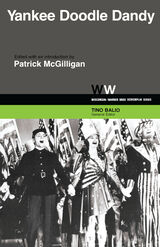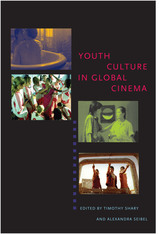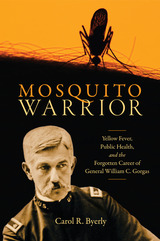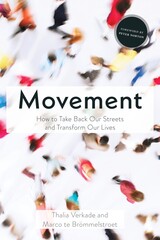6 start with Y start with Y

The 1942 smash musical hit Yankee Doodle Dandy has long remained a favorite among audiences and film buffs. Ostensibly the story of "Mr. Broadway"—George M. Cohan— the movie evolved in its making into one of Warners' trademark "biopics" and a showcase for the singing and dancing talents of James Cagney.
This book includes the complete screenplay.

Park provides a genealogy of oriental style through contextualized readings of popular films-from the multicultural city in Blade Runner and the Japanese American mentor in The Karate Kid to the Afro-Asian reworking of the buddy genre in Rush Hour and the mixed-race hero in The Matrix. Throughout these analyses Park shows how references to the Orient have marked important changes in American popular attitudes toward East Asia in the past thirty years, from abjection to celebration, invisibility to hypervisibility.

Contributors. John Akomfrah, Sinazo Chiya, Mark Gevisser, Pumla Dineo Gqola, Katerina Gregos, Brenda Hollweg, William Kentridge, Achille Mbembe, Sarah Nuttall, Griselda Pollock, Laura Rascaroli, Zineb Sedira, Penny Siopis, Hedley Twidle, Zoé Whitley

Moving from classic texts (The Secret Garden, Goodnight Moon) to ephemera (the Hardy Boys, Goosebumps, and Harry Potter series), from the printed page to the silver screen (Willie Wonka, Jumanji, 101 Dalmatians, Beethoven), Tim Morris employs his experience as a parent and teacher to interrogate children's culture and reveal its conflicting messages.
Books and films for children--favorites accepted as wholesome fare for impressionable young minds --do not always teach straightforward lessons. Instead, they reflect the anxieties of the times and the desires of adults. At the heart of many a children's classic lies power, often expressed through racism, sexism, or violence. Under Morris's gaze, revered animal stories like Black Beauty turn into litanies of abuse; fantasies of childhood like Big are revealed as patriarchal struggles.
You're Only Young Twice redirects the focus on children's literature, asking not "What messages should children receive?" but "What messages do adults actually send?" For example, Morris recounts his own childhood confusion upon viewing Peter Pan, with its queenish, inept pirate and a grown woman (Mary Martin) in tights who pretends to be a crowing boy.
Morris shatters our long-held assumptions and challenges our best intentions, demonstrating how children's literature and films lay bare a troubled and troubling worldview.

Coming of age is a pivotal experience for everyone. So it is no surprise that filmmakers around the globe explore the experiences of growing up in their work. From blockbuster U.S. movies such as the Harry Potter series to thought-provoking foreign films such as Bend It Like Beckham and Whale Rider, films about youth delve into young people's attitudes, styles, sexuality, race, families, cultures, class, psychology, and ideas. These cinematic representations of youth also reflect perceptions about youth in their respective cultures, as well as young people's worth to the larger society. Indeed, as the contributors to this volume make plain, films about young people open a very revealing window on the attitudes and values of cultures across the globe.
Youth Culture in Global Cinema offers the first comprehensive investigation of how young people are portrayed in film around the world. Eighteen established film scholars from eleven different national backgrounds discuss a wide range of films that illuminate the varied conditions in which youth live. The essays are grouped thematically around the issues of youthful resistance and rebellion; cultural and national identity, including religion and politics; and sexual maturation, including gender distinctions and coming-of-age queer. Some essays engage in close readings of films, while others examine the advertising and reception of films or investigate psychological issues. The volume concludes with filmographies of over 700 youth-related titles arranged by nation and theme.

READERS
Browse our collection.
PUBLISHERS
See BiblioVault's publisher services.
STUDENT SERVICES
Files for college accessibility offices.
UChicago Accessibility Resources
home | accessibility | search | about | contact us
BiblioVault ® 2001 - 2024
The University of Chicago Press









